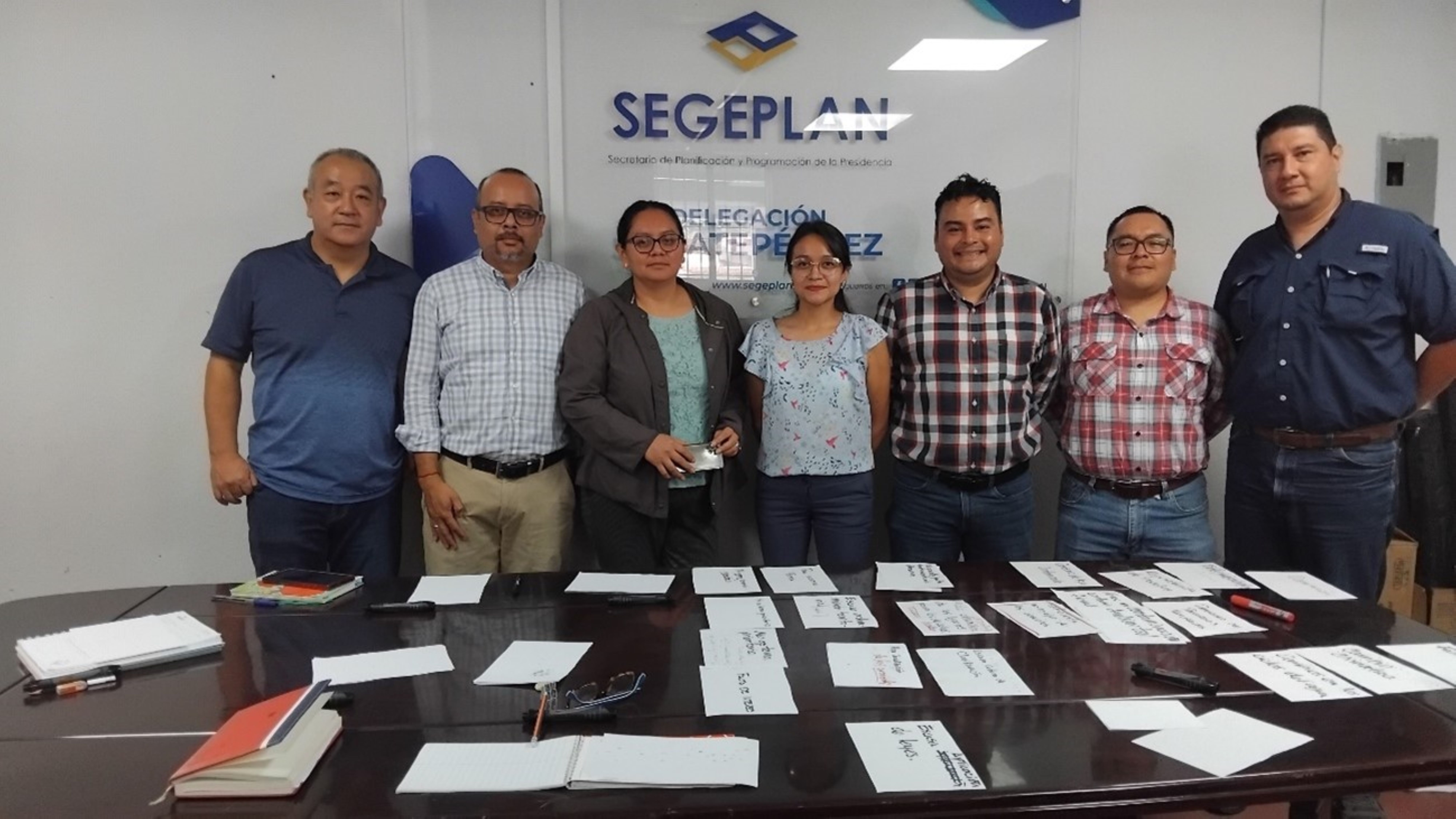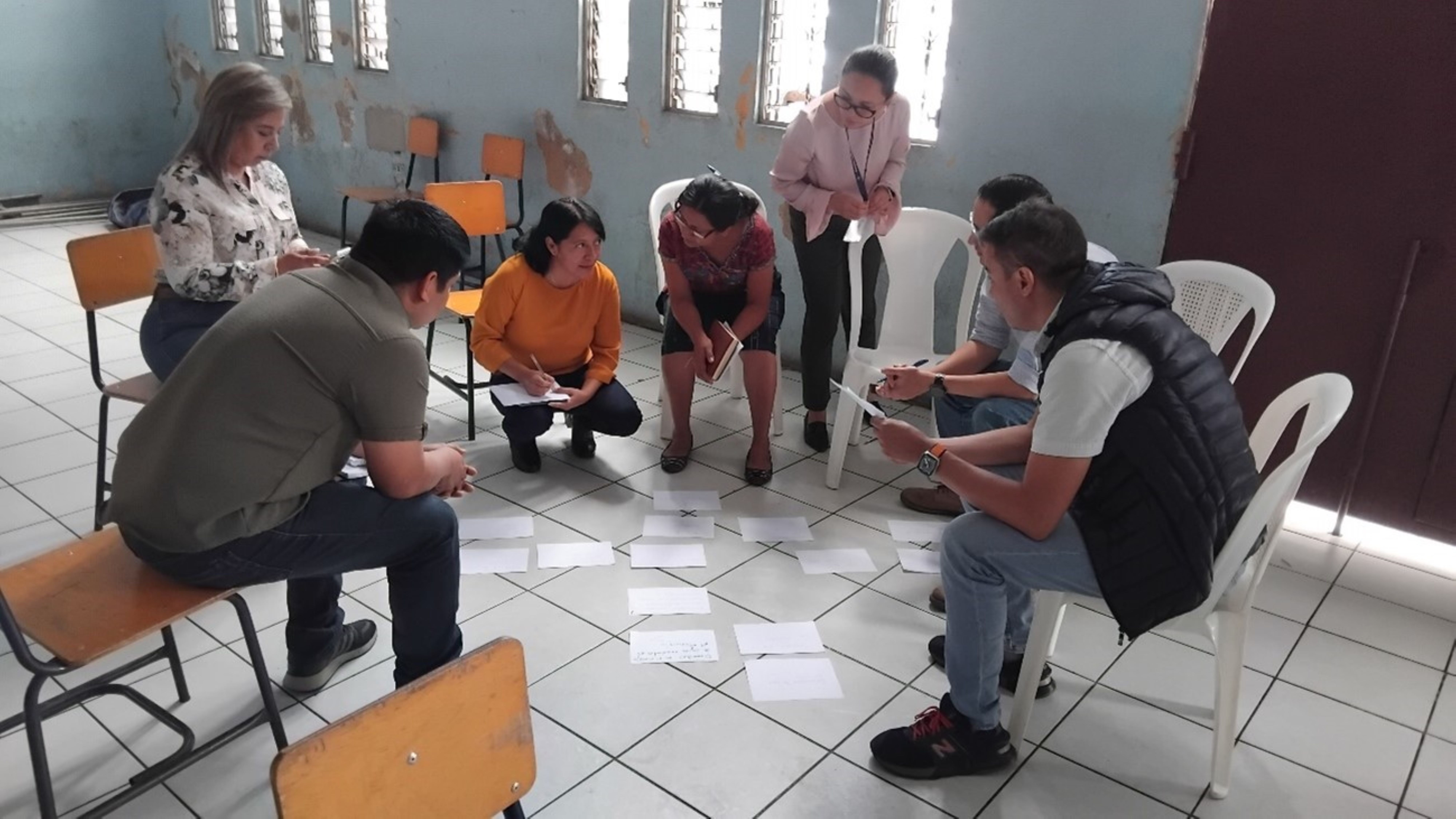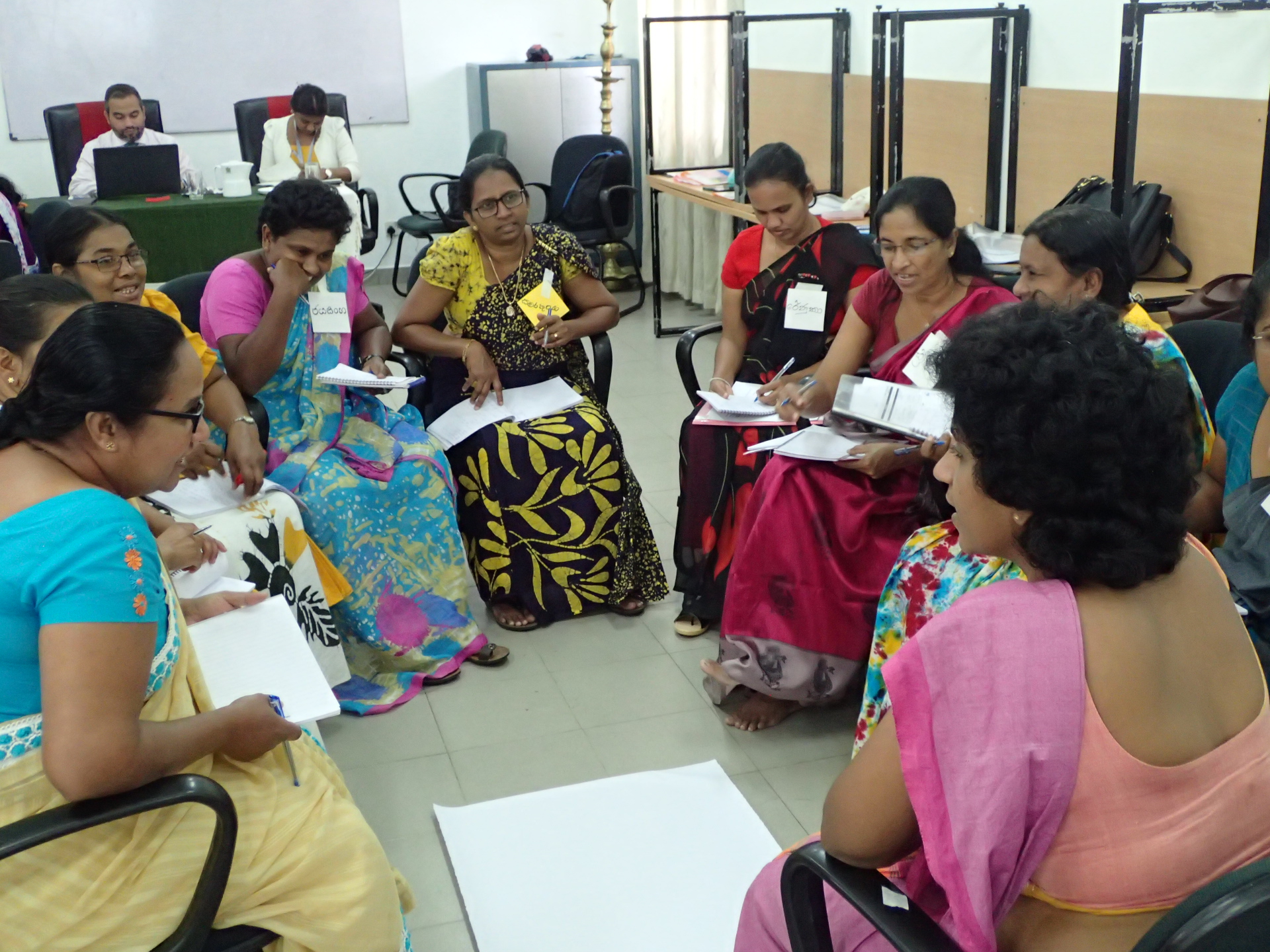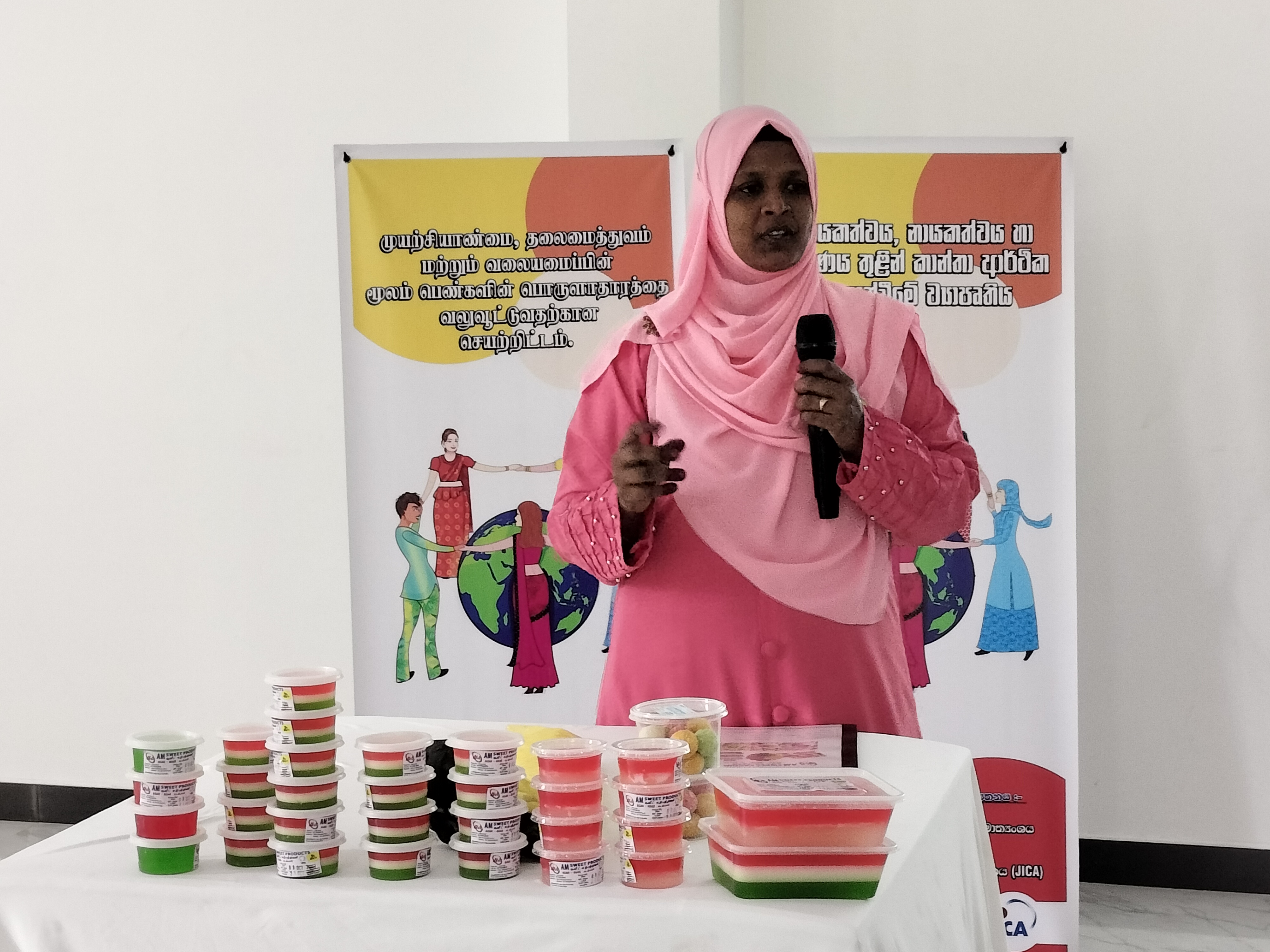In order to solve gender issues arising from social norms and cultural backgrounds, ODA projects are required to promote efforts from a gender perspective (gender mainstreaming) at each stage of planning, implementation, monitoring, and evaluation.
In addition, for the development of developing countries, it is important for government officials to understand the issues and needs of residents and to plan and implement projects that benefit them in cooperation with various organizations and local governments under the development policies stated by the government.
INTEM Consulting, Inc. provides consulting services to support the promotion of gender equality and the empowerment of women and girls, as well as advisory services for development policies.


Guatemala, known in Japan as the land of coffee, is a multi-ethnic country in Central America where indigenous Mayan people make up more than 40% of the population.
Although the Planning Agency of the President’s Office provides guidance to central ministries and local governments on the formulation of development plans and monitoring and evaluation methods at different levels such as the national, sector, and city level, there are issues such as the limited opportunities for public participation in the planning stage, which means that plans are not recognized by the public, and cases where projects are sometimes not implemented in accordance with the plans.
As advisors to the Deputy Director of the Planning Agency of the Office of the President, our experts advise the Agency’s staff on participatory public policy, regional development planning, and sector planning and monitoring methods. The Planning Agency has offices in all 22 prefectures, and by strengthening the capacity of these offices to analyze issues, we expect to strengthen the capacity of city hall officials to whom we provide services, thereby contributing to the promotion of development policies in the region.


Sri Lanka, an island nation in the Indian Ocean in South Asia, has experienced steady economic growth since the end of domestic conflict in 2009. However, the terrorist incidents in 2019 and the spread of the new coronavirus disease (COVID-19) in 2020 and beyond have dealt a major blow to the economy.
Deteriorating economic conditions have had a particularly severe impact on women. This is due to gender-based social norms and gender division of labor roles that limit women’s access to work and economic opportunities, as well as their limited participation in household and community decision-making processes.
In Sri Lanka, under the Ministry of Women, Children, Youth and Sports (Ministry of Women’s Affairs), there is a Women Development Officer who implements field-level activities to improve the economic and social status of women, but the capacity of the Ministry is insufficient.
Against this background, the project is implementing pilot activities to support women entrepreneurs’ businesses in areas strongly affected by COVID-19 and the economic crisis, strengthening the capacity of WDOs, compiling their experiences into a “Women’s Economic Empowerment Model,” and is promoting the use of the model by the Ministry of Women’s Cooperation and its institutionalization.